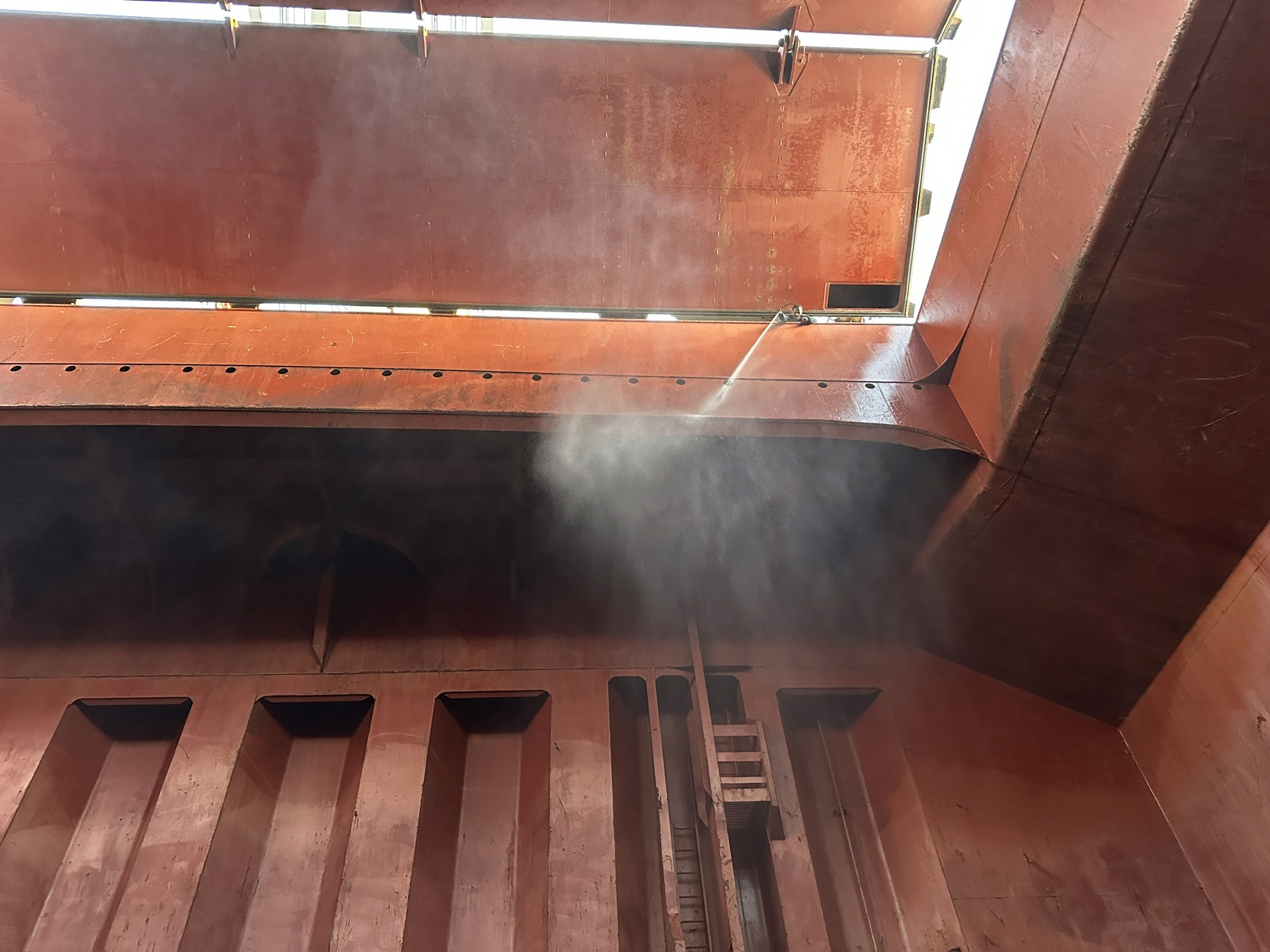As environmental regulations tighten worldwide, Brazil is stepping up efforts to protect its marine ecosystems from invasive species and pollution caused by ship hull biofouling. For shipowners and operators, knowing the local restrictions is essential to prevent fines, operational delays, and reputational risks.
NORMAM-401: A New Framework for Biofouling Management
The Brazilian Navy introduced NORMAM-401/DPC, which consolidates pollution prevention rules for ships, including a new chapter dedicated to biofouling.
Key points:
Scope: Applies to vessels above 24 meters operating in Brazilian jurisdiction (territorial waters up to 12 nm and EEZ up to 200 nm).
Plans Required: Ships must maintain a Biofouling Management Plan and a Record Book documenting inspections, cleaning events, and coating maintenance.
Cleaning Standards:
Reactive underwater cleaning without waste capture is prohibited once fouling reaches Level 2 (visible macrofouling).
Only proactive cleaning (low fouling levels) or dry dock/controlled capture methods are acceptable.
Timeline: Regulation took effect in June 2025. Enforcement with fines and penalties starts in 2026.
Sanctions: Non-compliance may lead to fines, vessel detention, or denial of port entry.
This framework aligns Brazil with IMO guidance and requires shipowners to move from reactive to preventive biofouling management.
Port-Specific Restrictions
Brazilian ports vary in their approach, but a common principle applies: hull cleaning in port waters is heavily restricted or outright prohibited unless performed with waste capture and environmental authorization. Below is an overview of current practices in selected ports.
Port | State | Permitted Practices | Restricted Practices |
|---|---|---|---|
Pecém | Ceará | Dry dock or shipyards licensed by SEMACE/IBAMA. Proactive light cleaning with authorization. | Reactive underwater cleaning without capture, especially in ecological protection zones. |
Vitória | Espírito Santo | Cleaning only with capture systems and port/environmental approval. Dry dock recommended. | Any in-water cleaning without authorization or capture. |
Salvador, Aratu-Candeias, Ilhéus | Bahia | Dry dock or approved facilities with capture and CODEBA oversight. Cleaning outside Todos os Santos Bay with compliance. | Uncontrolled scraping or removal in bay waters. |
Recife | Pernambuco | Dry dock or shipyards with waste capture and captaincy approval. Limited proactive cleaning possible. | Underwater cleaning in port waters without capture or at advanced fouling levels. |
Santos | São Paulo | Dry dock or licensed facilities outside port area with capture and environmental approval. | In-water cleaning in port waters without capture; even at 12 nm if unauthorized. |
Paranaguá / Antonina | Paraná | Offshore cleaning beyond 12 nm (ideally >24 nm) with capture systems; dry dock allowed. | In-port cleaning or offshore cleaning without capture. |
Across all ports, no unrestricted underwater cleaning is permitted. Waste containment and regulatory approval are the baseline requirements.
Compliance Recommendations
Update Documentation – Ensure every vessel maintains an up-to-date Biofouling Plan and Record Book.
Schedule Regular Inspections – Detect fouling before it reaches restricted levels.
Use Licensed Facilities – Prioritize dry docks and certified shipyards whenever possible.
Plan Ahead – Anticipate cleaning windows to avoid delays when approaching sensitive ports.
Coordinate with Authorities – Seek early clearance from port captaincies, IBAMA, and state environmental agencies.
Final Note
Brazil’s new regulatory framework emphasizes prevention and accountability. Proactive hull maintenance and strict documentation are no longer optional—they are mandatory elements of compliant operations.
This article is for informational purposes only. Operators should confirm the latest requirements with local authorities before planning cleaning activities.
Need Guidance or a Service Partner?
For shipowners navigating these regulatory challenges, expert support is essential. Seachios® Marine Services provides consulting on compliance with Brazilian underwater service regulations and offers specialized solutions for hull cleaning and related underwater operations.
📩 Contact us today for technical consulting or to request a free quote for your next service.
The Seachios® Media & Press Team ensures consistent and authoritative communication across the maritime and industrial sectors. Managing press relations, official statements, and technical publications, the team strengthens the company’s reputation and reinforces its commitment to clients and partners worldwide.
Seachios® Media & Press Team
Corporate Communications
Subscribe to our newsletter
Sign up to get the most recent blog articles in your email every week.





